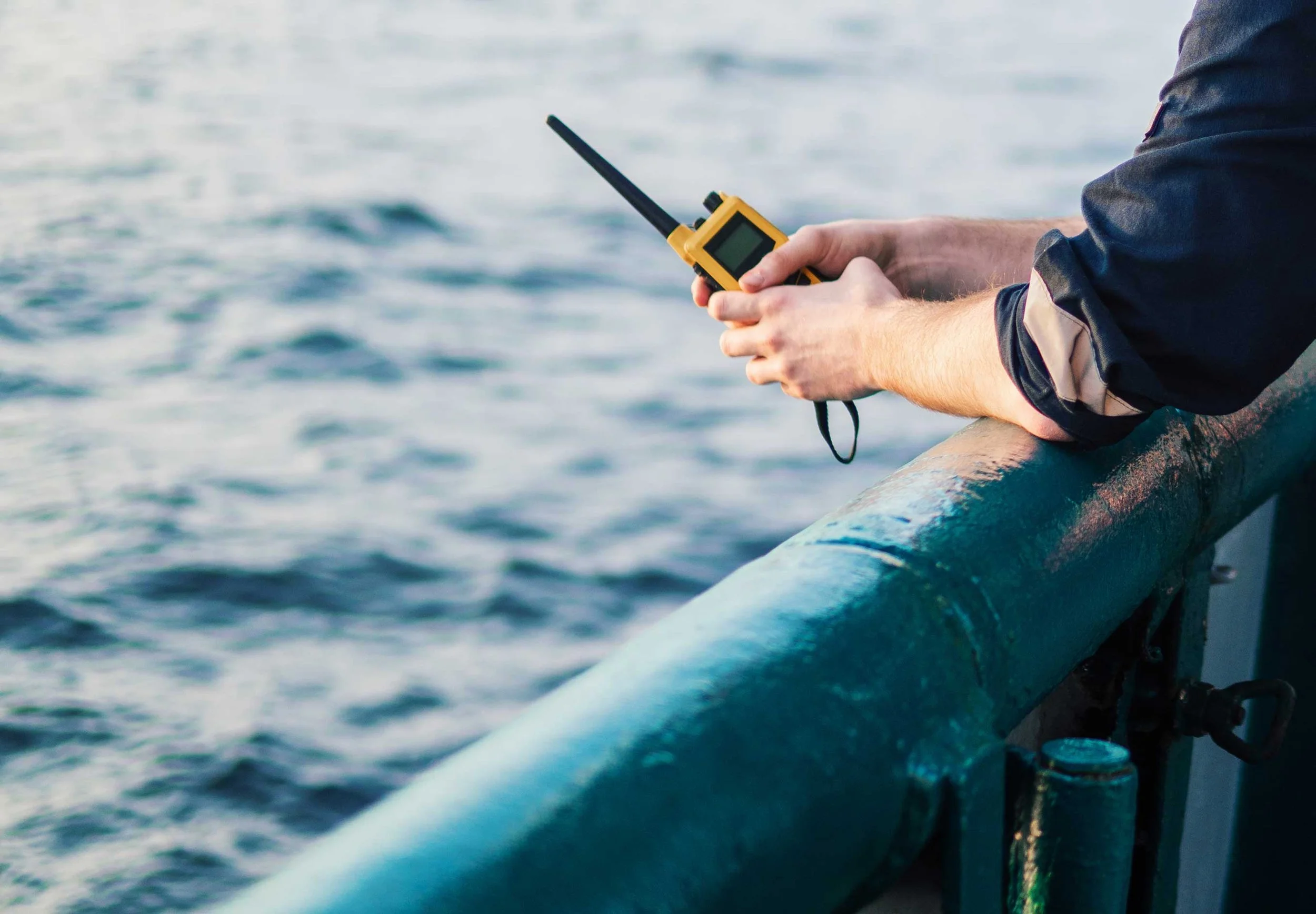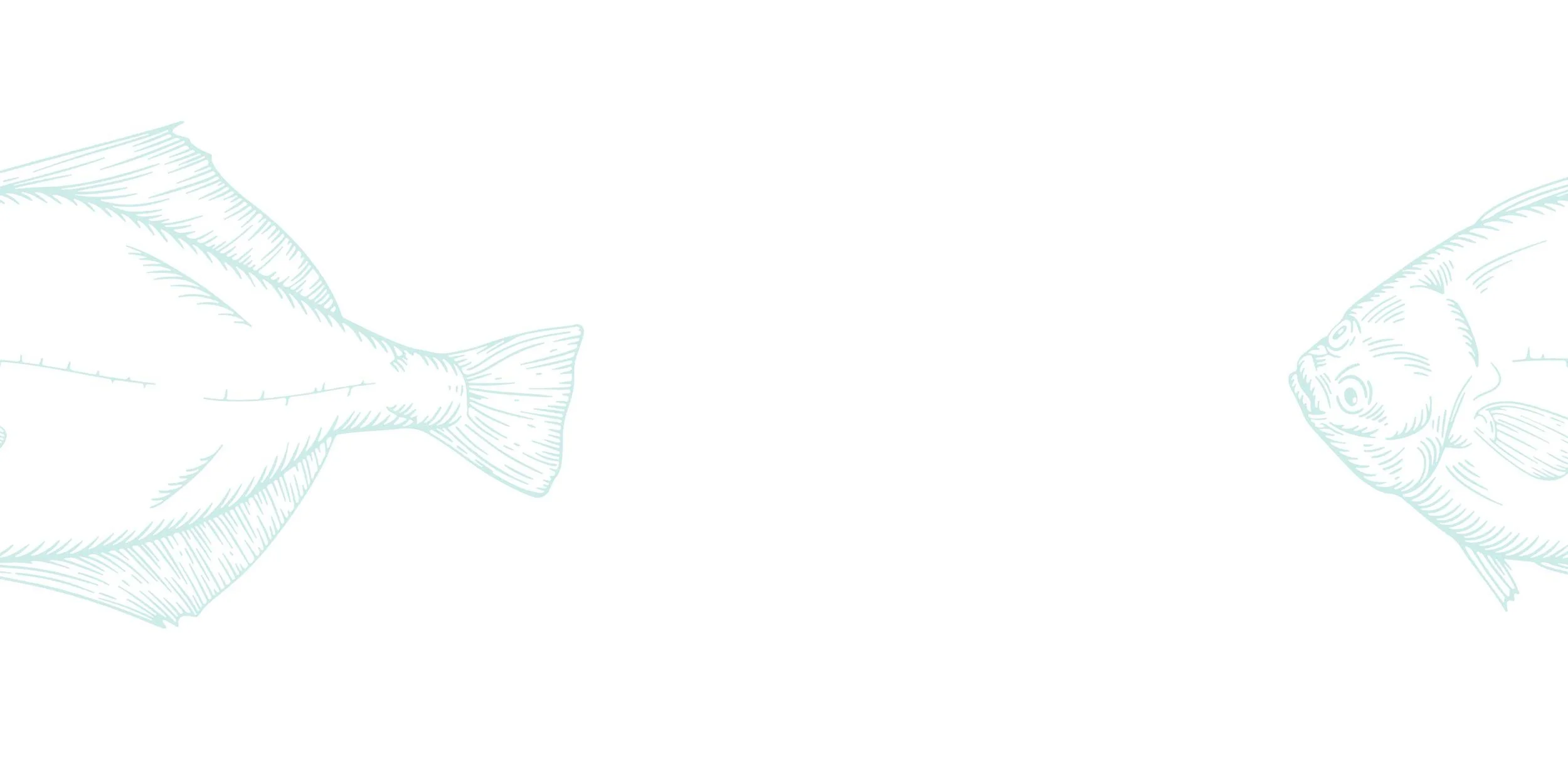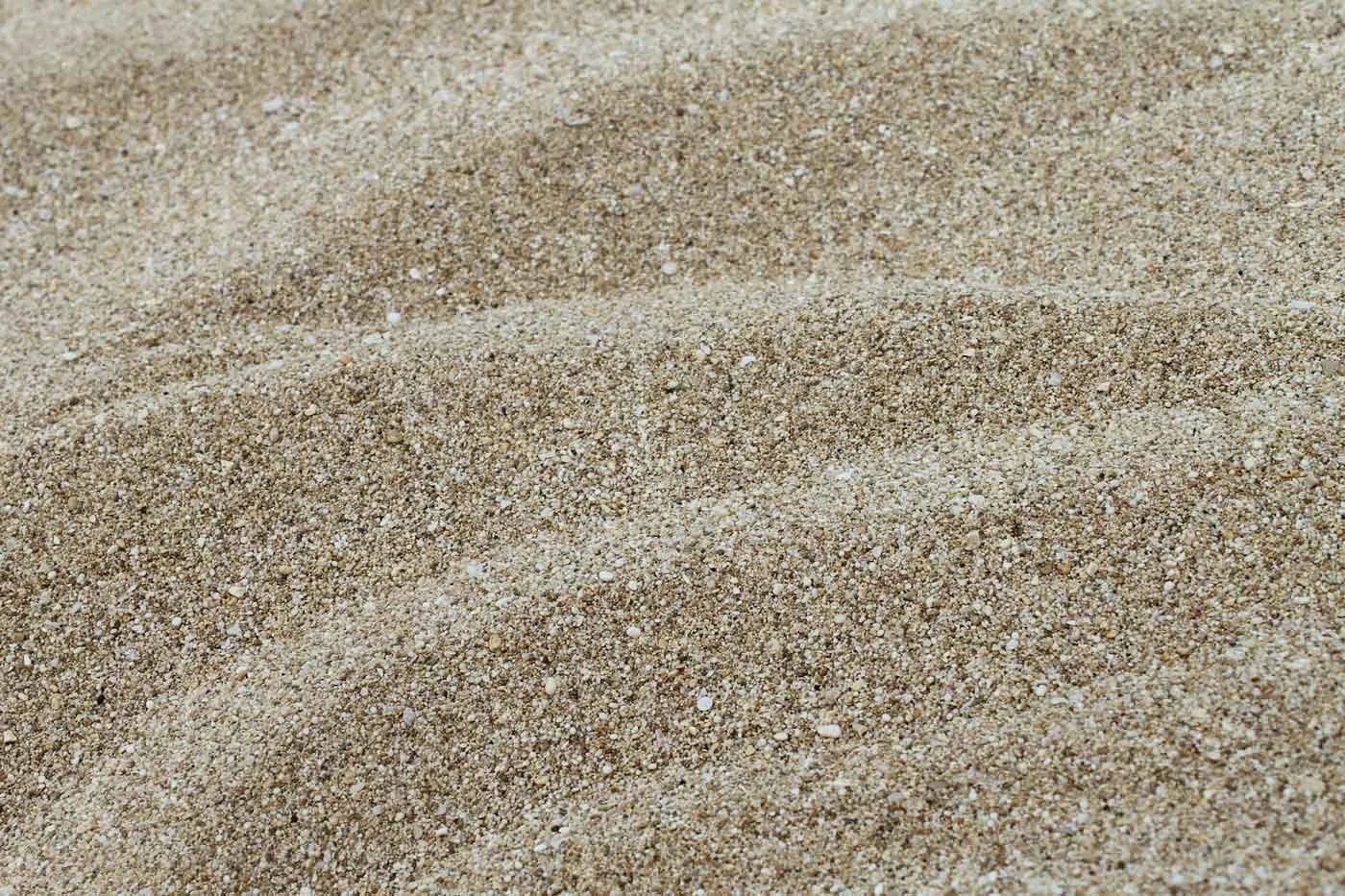
The Data DashboardKai’s Data Monitoring Project
We want to make life easier for fishers and fish alike!

The needFisheries management is incredibly complex Policies, rules and regulations tend to be more reactive to changes rather than proactively identifying and addressing challenges.
Currently, fishers lack contact to fishery management plans while regulators miss out on fishers invaluable on-the-ground insights. This fragmented data landscape hinders sustainable practices and collaborative management.

Our planWe're developing a data dashboard to enable more proactive management of fisheries through more effective data exchange between all stakeholders to allow for a more even-handed exchange of data and information.
We're sure you've hear this all before - so how are we different? Our grassroots approach means the users participate in designing their own tool. This helps ensure adoption and usability. Stakeholder engagement isn't a tick box exercise for us, it's how we begin everything we do.

'The nitty gritty'
Enabling real-time management of fisheries. This is to the benefit of fishers, regulatory bodies, and the Ocean.
-
For Fishers
Portalised, easily accessible and real-time data including density, movement of commercially viable and bycatch species, water conditions, habitat mapping, CPUE and regulatory change, disseminated in a user friendly fashion.
-
For Regulatory Bodies
Built relationships and by-in from fishers holds opportunities to fill data gaps for fishery management. This has the potential for quicker stock management response by limiting or opening geographical areas, target species, and shorter-term TACs, and opening a bi-directional communication pathway to fishers helping with climate resilience.
-
For The Ocean
Vulnerable stocks won’t have to wait until breaking point for attention, faster turn around with stakeholder by-in will ensure their sustained protection further than a legal sentiment. Potential for bycatch reduction, benefitting biodiversity and fish stocks as a whole.


Our ApproachKai’s Data Monitoring Project
There is already a huge amount of incredible Ocean data available, and there are many different data tools and solutions already in existence.
But in many cases, these tools aren’t easy to access or use and they don’t offer practical information and insights that would assist local communities of fishers, requiring a background in data management for use.
-
Our first stage is building working relationships with the fishing industry. This is firstly through conversations with individuals, but also with larger workshop initiatives bringing together groups of industry representatives. This forms the foundation of what Kai are trying to achieve; being a boundary spanner, bridging communication and collaboration gaps between policy makers, regulatory and monitoring bodies, and fishers. Through our film Fighting for the Underdog and continued interviews with fishermen, NGOs, policy experts and scientists we are developing a strong base to use for our user journey to ensure this is fit for purpose.
-
The pilot of the data dashboard project will address the needs of inshore fishers working closely with a self-contained community. This should enable the benefits to be clear and easily understood by the users. A more limited approach from a stakeholder and geographical standing will ensure that the data volume is manageable in this first phase. The tool can be scaled once the foundational elements havebeen established.
-
The data gathered from these initiatives will provide a large dataset for research and assessment of fishery management. During the pilot stages, the dashboard development and scientific research will be separated. In the first instance, a case study of the history of tope populations, commercial value and landings will be assessed in conjunction with regulatory change and stakeholder engagement, with a view to assessing how stakeholder engagement, when done well, can and should impact the course of species protection and population.

supportIt doesn't matter what background you come from.
If you want to work with us, reach out today.

